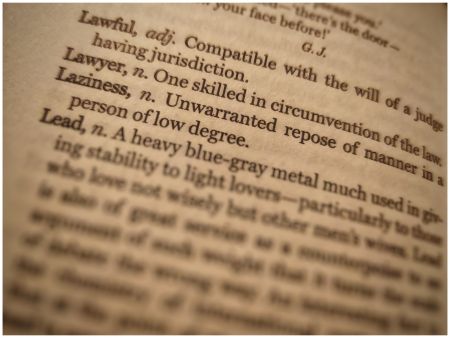Springing lien: Difference between revisions
Jump to navigation
Jump to search
Amwelladmin (talk | contribs) No edit summary |
Amwelladmin (talk | contribs) No edit summary |
||
| Line 3: | Line 3: | ||
}} | }} | ||
A [[security interest]] that takes everyone by surprise. A [[lien]] on a debtor’s property that kicks in should a pre-defined event happen. For example, a loan may include a springing lien that requires the borrower to pledge its assets to secure the loan if the borrower's [[Ratings notches|credit rating]] is downgraded. Compare with a floating charge. | A [[security interest]] that takes everyone by surprise. A [[lien]] on a debtor’s property that kicks in should a pre-defined event happen. For example, a loan may include a springing lien that requires the borrower to pledge its assets to secure the loan if the borrower's [[Ratings notches|credit rating]] is downgraded. Compare with a [[floating charge]]. | ||
{{sa}} | {{sa}} | ||
*[[Strange negotiation]] | *[[Strange negotiation]] | ||
*[[Security interest]] | *[[Security interest]] | ||
Revision as of 15:12, 10 February 2021

|
Springing lien /ˈsprɪnʤɪŋ/ /lɪən/ (n.)
A security interest that takes everyone by surprise. A lien on a debtor’s property that kicks in should a pre-defined event happen. For example, a loan may include a springing lien that requires the borrower to pledge its assets to secure the loan if the borrower's credit rating is downgraded. Compare with a floating charge.
